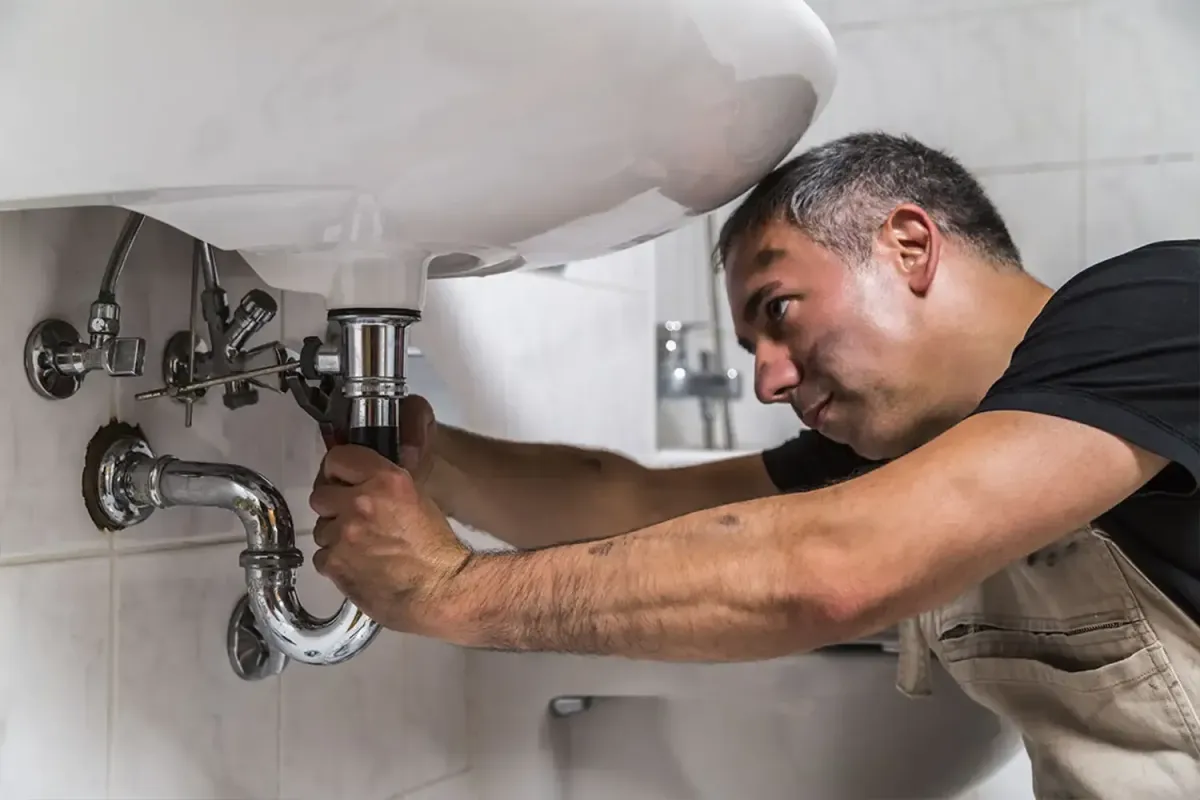
What Percentage of U.K. Homes Are Heated by Gas vs. Electric in 2024?
Heating is essential for surviving the British winter. But how are most homes in the U.K. heated today? With the increasing focus on sustainable energy and cutting carbon emissions, you might be curious about how many homes still rely on traditional gas heating versus the growing trend of electric heating. Let’s dive into the numbers, the costs, and the shifts we’re seeing in 2024.
The Breakdown: Gas vs. Electric Heating in U.K. Homes
As of 2024, around 74% of U.K. homes are heated by natural gas, while only 11% use electric heating as their primary source. The remainder of households use alternative methods, such as oil, biomass, or hybrid systems.
That’s still a whopping three-quarters of homes relying on gas! This isn’t too surprising given that the U.K. has had a long history of gas boiler installations, making it the go-to choice for heating. But, as we'll see, change is in the air.
Cost Comparison: Gas vs. Electric Heating
Now, let’s talk about what everyone really wants to know — how much does it cost to heat your home using gas versus electricity?
Gas heating costs: On average, U.K. households using gas spend around £600-£900 per year for heating. Gas is generally cheaper on a per-unit basis, making it a more affordable option for the majority.
Electric heating costs: Homes using electric heating tend to have higher bills, with costs typically ranging from £900-£1,500 annually. While electricity is more expensive, it does come with the perk of fewer maintenance issues and no need for a yearly boiler check-up.

Why Is Gas Still the Dominant Heating Source?
The U.K.'s reliance on gas for heating can be explained by a few key reasons:
Established infrastructure: Most homes in the U.K. are connected to the gas grid. Gas boilers have been installed in new homes for decades, so switching to something else can feel like a huge expense.
Affordability: As we mentioned, gas is relatively cheap compared to electricity. This has made it the go-to option for cost-conscious households.
Efficiency: Modern gas boilers are efficient, providing a lot of heat for a low cost, which has kept them attractive even as electricity has made strides in renewable sources.
The Rise of Electric Heating: Why Are More Homes Switching?
Despite gas being king, electric heating is making inroads. In 2024, electric heating accounts for 11% of U.K. homes—and this number is slowly growing. Why the shift?
1. Eco-Friendliness
Electricity, especially when sourced from renewables like wind, solar, and hydro, is far greener than gas. With the U.K. setting targets to reach net-zero emissions by 2050, more people are seeking eco-friendly alternatives to gas heating.
2. Heat Pumps and Electric Radiators
New technologies like heat pumps (which work by transferring heat from the air or ground) are becoming more popular. They're incredibly energy-efficient, with the potential to reduce energy consumption by up to 60% compared to traditional electric heaters.
Incentives like the U.K. government’s Boiler Upgrade Scheme are also pushing more homeowners to adopt these low-carbon systems, with grants of up to £5,000 available for heat pump installations.
3. Lower Maintenance
Unlike gas boilers, which require annual servicing and checks for safety, electric heating systems (like electric radiators or heat pumps) require less maintenance. This appeals to homeowners who prefer simplicity and fewer running costs.

Government Targets and the Shift Away from Gas
The government’s focus on sustainability is a huge driving force behind the gradual shift from gas to electric heating. The Future Homes Standard aims to phase out gas boilers in new homes by 2025, meaning any newly built homes will use alternatives like heat pumps or district heating systems.
By 2035, the government hopes to have ended the sale of new gas boilers entirely. With these regulations in place, we can expect electric heating to become far more common in the next decade. It’s not only about what’s happening now but how future policies will shape heating trends going forward.
The Costs of Switching from Gas to Electric
For homeowners looking to make the switch from gas to electric heating, the initial costs can be a bit daunting. Here’s a breakdown of what you might expect to pay:
Heat pump installation: Between £7,000 and £13,000 depending on the size of your home and whether you opt for an air-source or ground-source heat pump.
Electric radiators: Installing electric radiators can cost between £1,000 and £3,000 for an average-sized home.
Solar panels (optional but helpful for lowering your electric heating costs): Installing solar panels costs around £4,000 to £8,000 for most homes, but they can drastically reduce your electricity bills in the long run.
While the initial price tag is high, the long-term savings can be significant, particularly for those using renewable electricity sources. And don’t forget the government grants that can ease the financial burden of making the switch.
Heating Trends to Watch in 2024 and Beyond
So, what can we expect to see as we look toward 2025 and beyond? Here are a few key trends shaping the heating landscape:
Renewable Electricity Growth: With the U.K. investing heavily in wind and solar power, electricity will continue to get cleaner. This means homes using electric heating will have a smaller carbon footprint each year.
Smart Thermostats and Controls: More households are adopting smart thermostats, which allow users to control their heating remotely. This tech is expected to reduce heating costs by up to 30%, making electric heating more affordable in the long run.
District Heating: While still in its early stages, district heating networks (where multiple homes share a central heating source) could become more popular. These systems are often powered by waste heat from industrial processes or renewable sources.
Boiler Scrappage and Incentives: Expect to see more government programs aimed at encouraging people to ditch their old gas boilers for electric alternatives. Keep an eye out for future grants and initiatives to help with the cost of making the switch.

Conclusion: What Does the Future Hold?
In 2024, the majority of U.K. homes are still heated by gas, but the shift toward electric heating is undeniable. With rising energy costs, environmental concerns, and government pressure, more people are considering making the switch to electric heating.
But whether it’s because of eco-friendly heat pumps, the lower maintenance costs of electric systems, or future regulations, we can expect the percentage of electric-heated homes to continue rising as gas slowly fades from the scene.
For now, gas remains dominant, but keep an eye on those trends! As we move closer to 2050, more and more U.K. homes will be leaving gas behind in favor of cleaner, greener electric alternatives.
If you need help with heating and plumbing in Vienna, contact Installateur Viking - Installateur Notdienst 1210 Wien.
Images:






